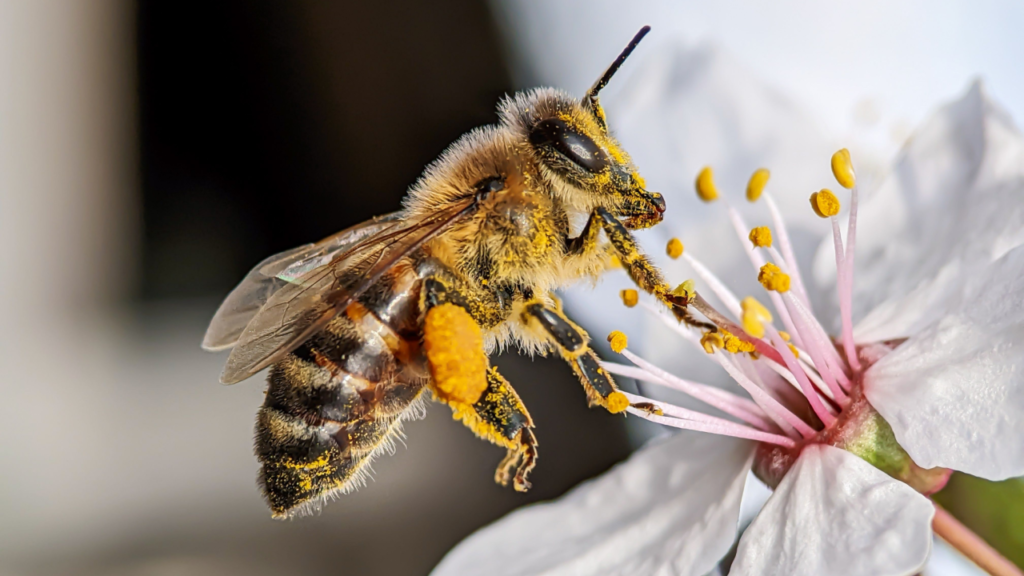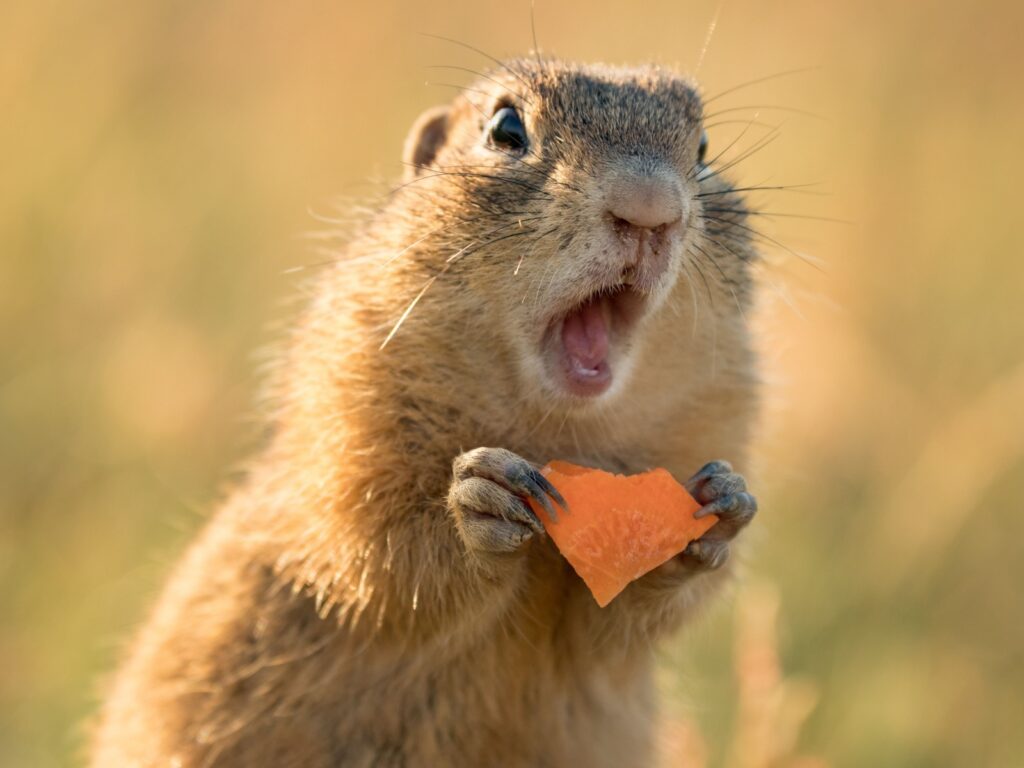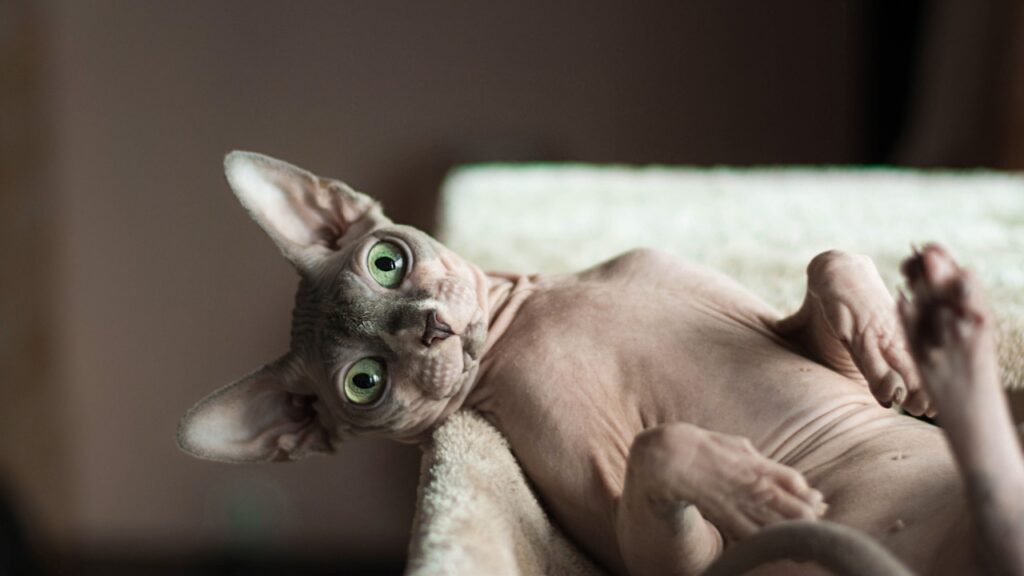Bees are crucial to our ecosystem, pollinating flowers and crops that feed both humans and animals. However, bee populations are declining at an alarming rate due to various factors such as pesticide use, habitat loss, and climate change. Here are 15 ways you can help save these important creatures.
1. Plant a Bee-Friendly Garden
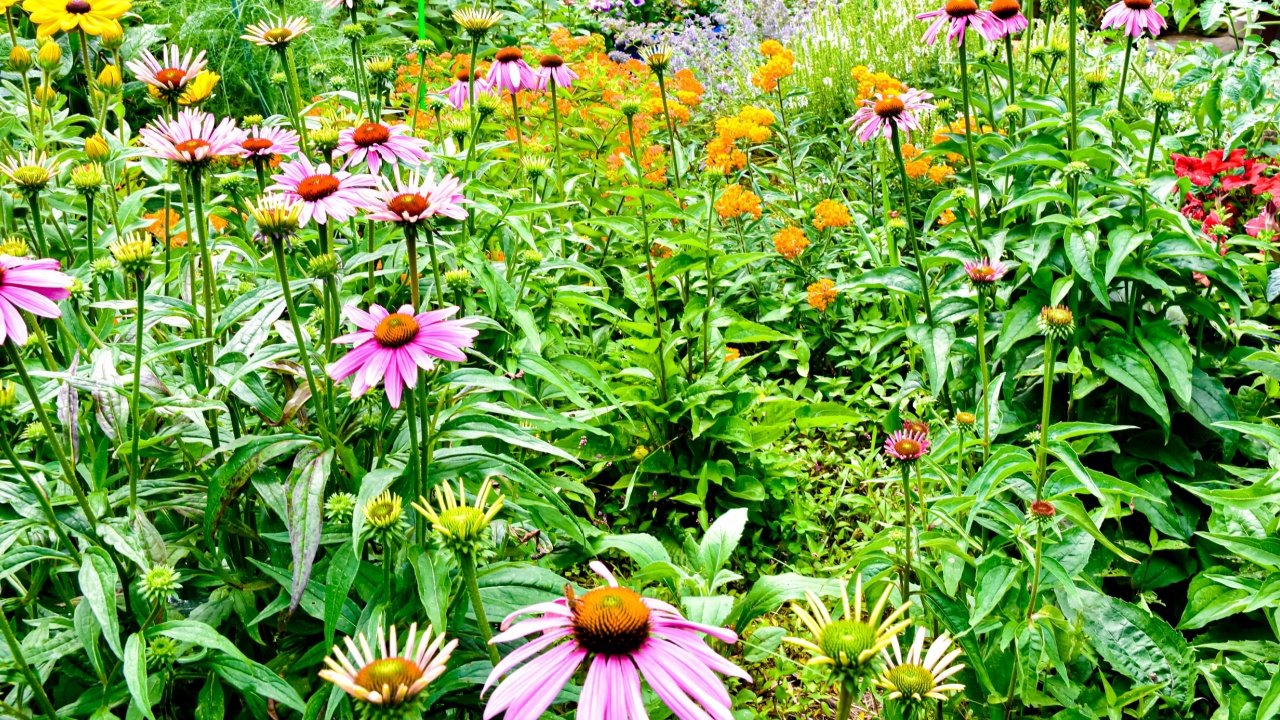
Create a haven for bees by planting a variety of flowers that bloom at different times throughout the season. Some great options include lavender, sunflowers, marigolds, and bee balm. Bees are attracted to bright colors and sweet scents, so choose plants accordingly.
2. Avoid Using Pesticides
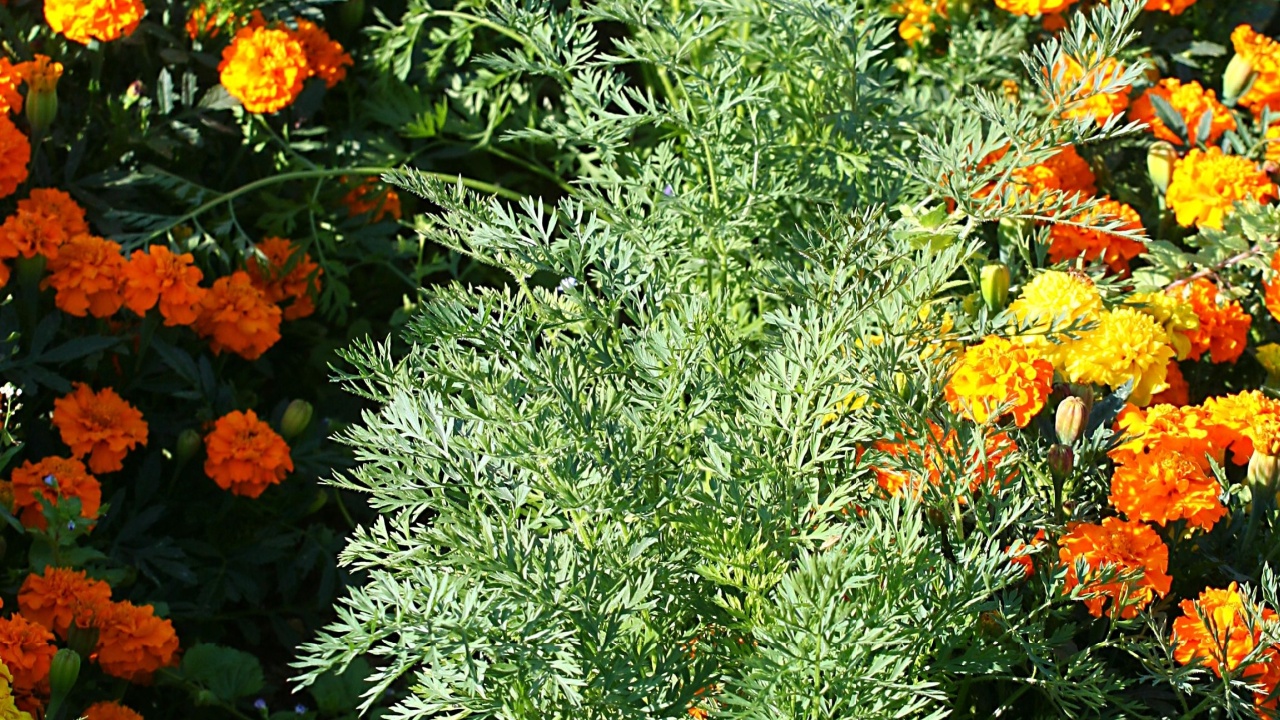
Pesticides are harmful to bees and other pollinators. Instead of using chemical pesticides, try natural pest control methods such as companion planting, handpicking pests, or using neem oil. If you must use pesticides, choose ones that are bee-friendly and apply them at night when bees are less active.
3. Provide a Water Source
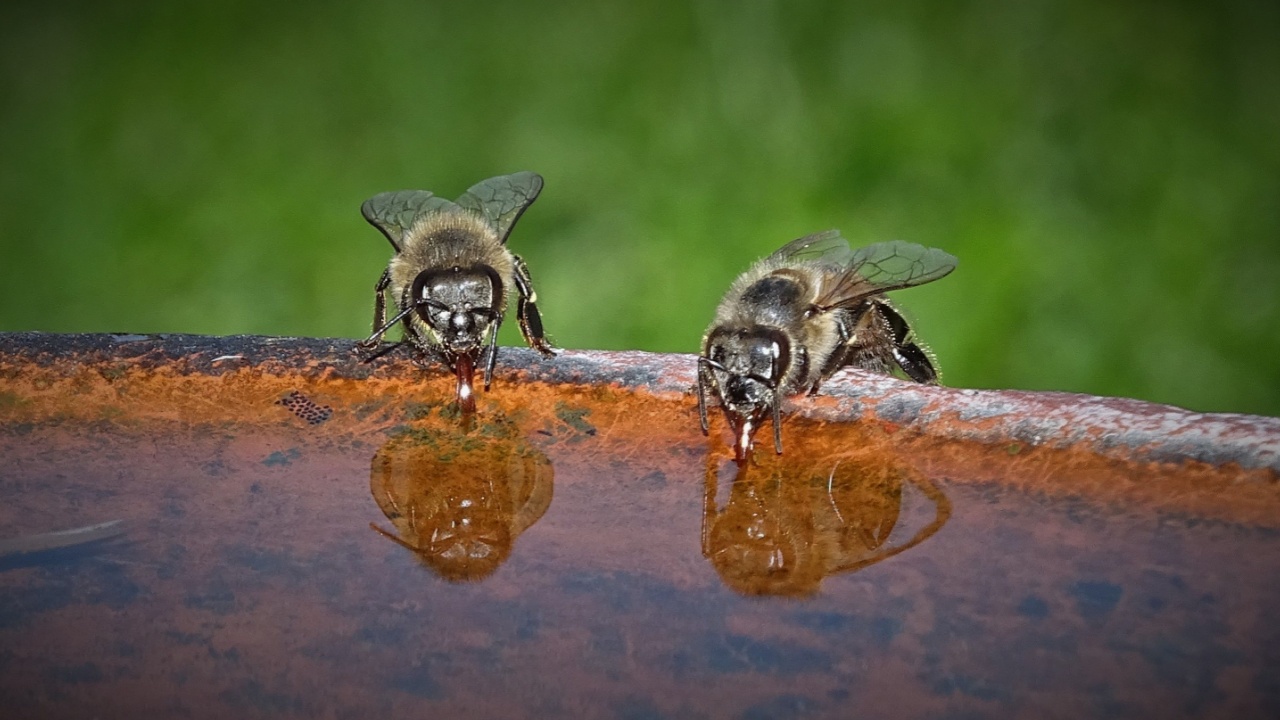
Bees need water to survive, just like any other living creature. Create a shallow water source in your garden by filling a dish with pebbles and water. The pebbles will give the bees a place to land and drink without drowning.
4. Support Local Beekeepers
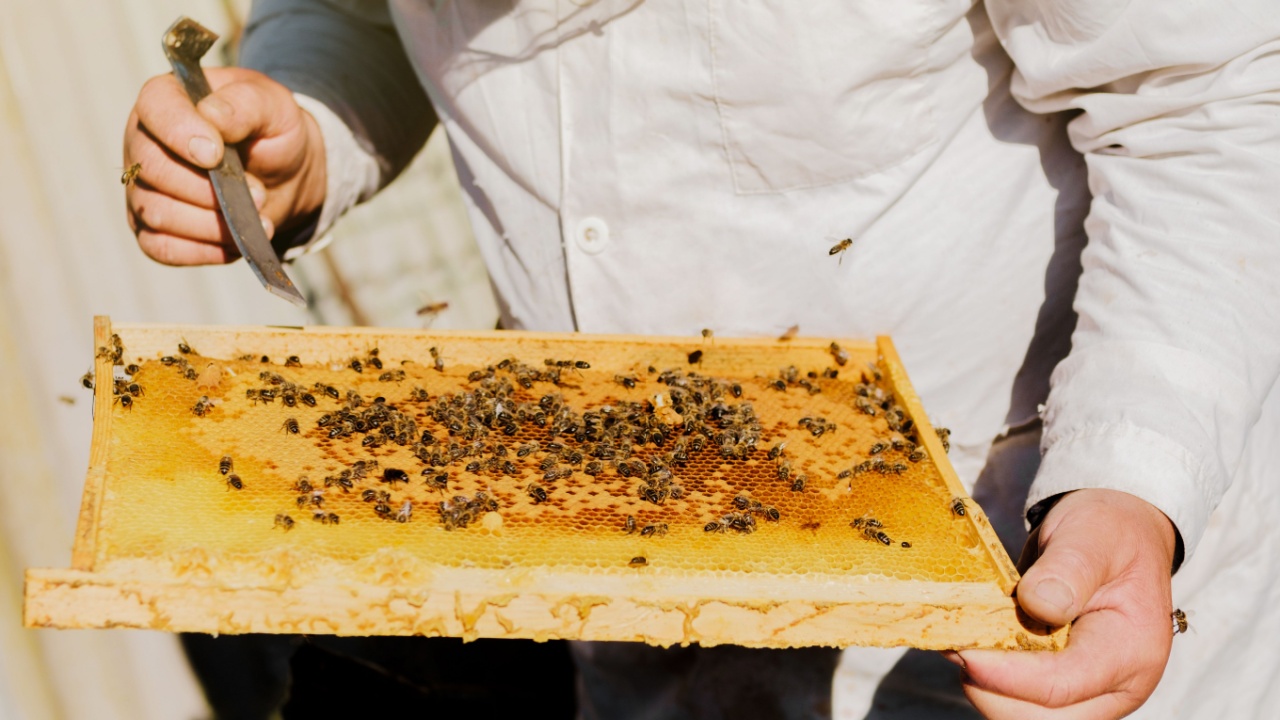
Buying honey and other bee products from local beekeepers supports the community and helps keep bee populations thriving. Plus, you’ll get to enjoy delicious, locally-sourced honey!
5. Leave Some Areas of Your Lawn Unmowed
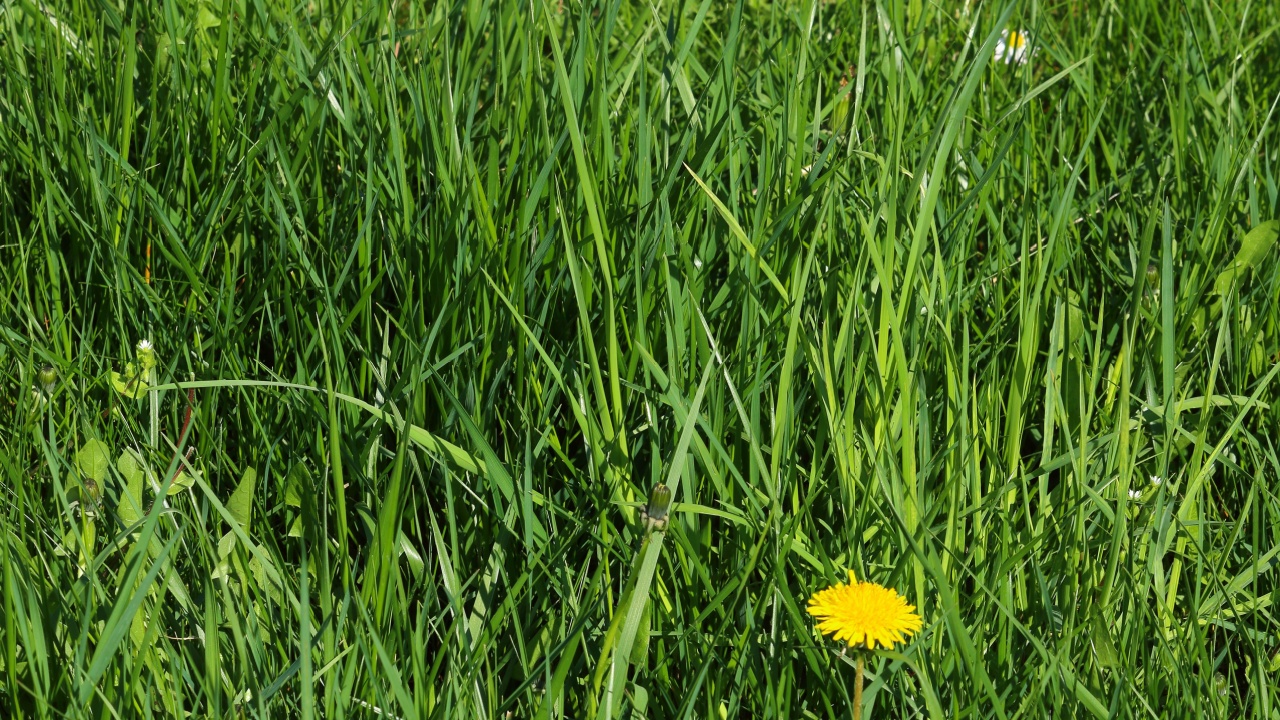
Letting some areas of your lawn grow wild provides food and shelter for bees. Dandelions, clover, and other wildflowers are great sources of nectar and pollen. Mow your lawn less frequently and leave some areas untouched.
6. Educate Others About the Importance of Bees
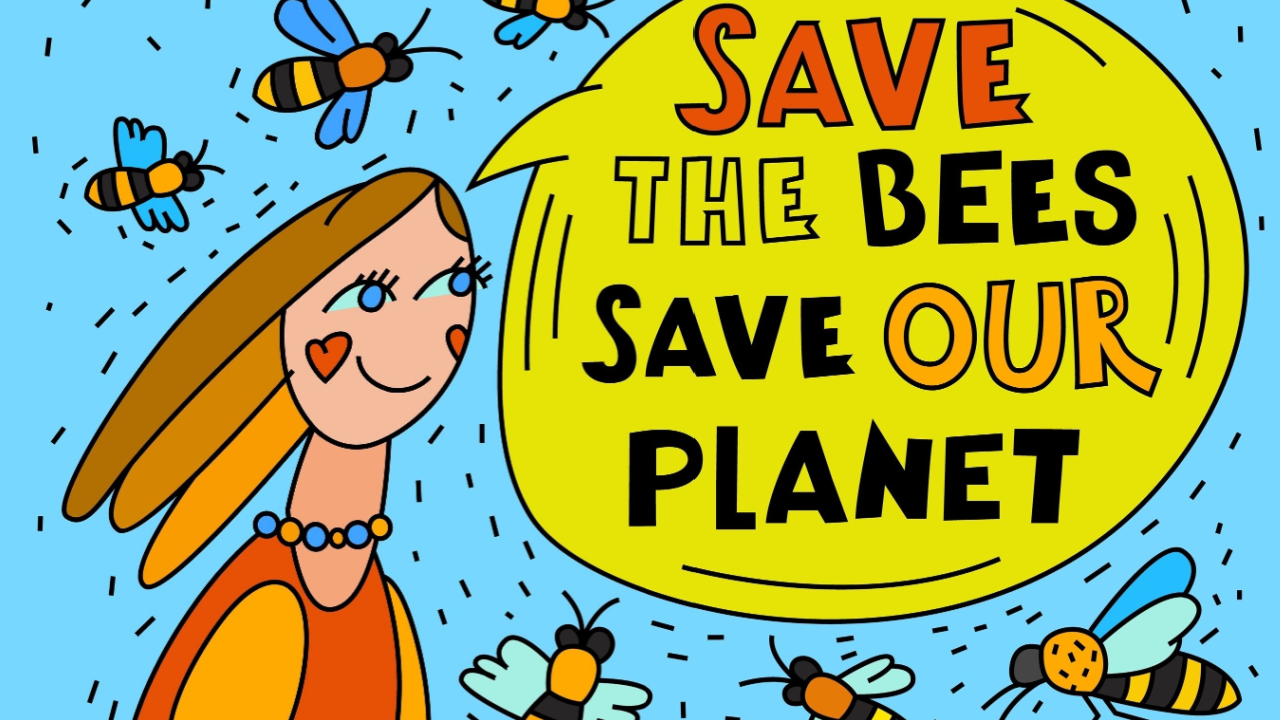
Share your knowledge about the importance of bees with friends, family, and neighbors. Encourage them to take steps to help save bees too. You can also support organizations that work to protect bees and their habitats.
7. Provide Nesting Sites for Bees
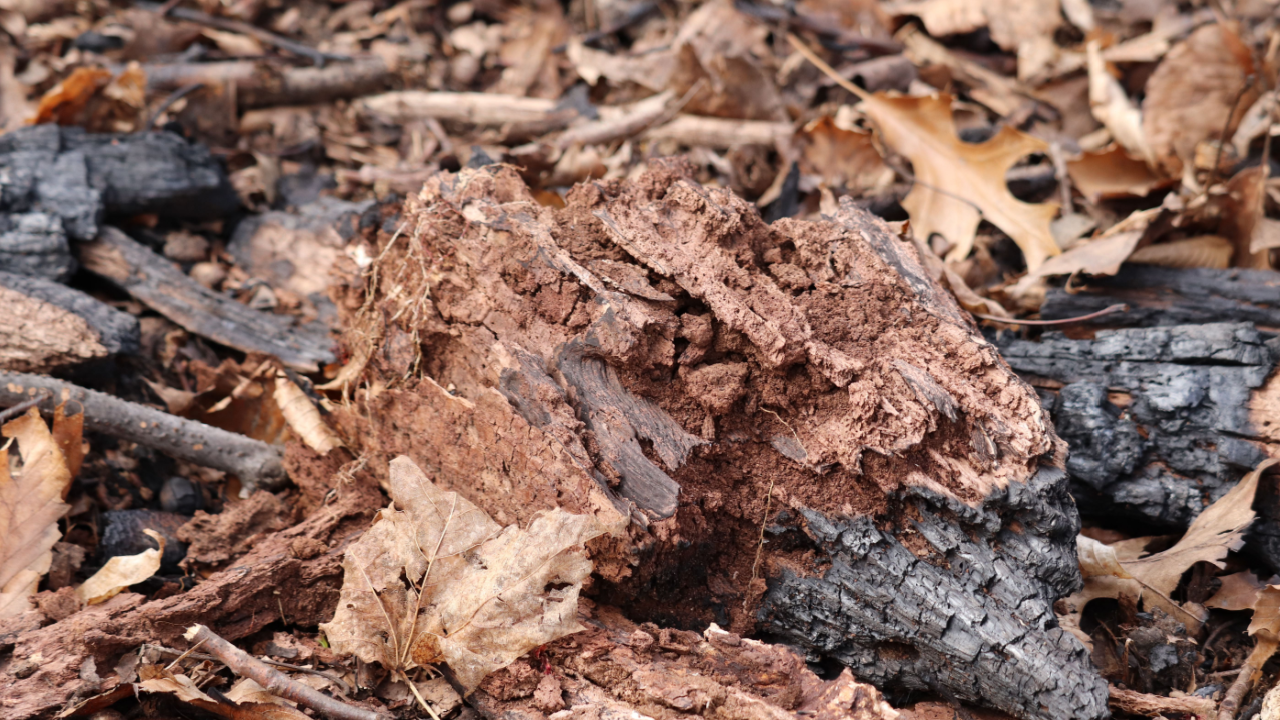
Many bees nest in hollow stems, dead wood, or in the ground. Leave some dead wood or hollow stems in your garden to provide nesting sites. You can also create a bee hotel by bundling together hollow stems or drilling holes in a block of untreated wood.
8. Avoid Using Lawn Chemicals
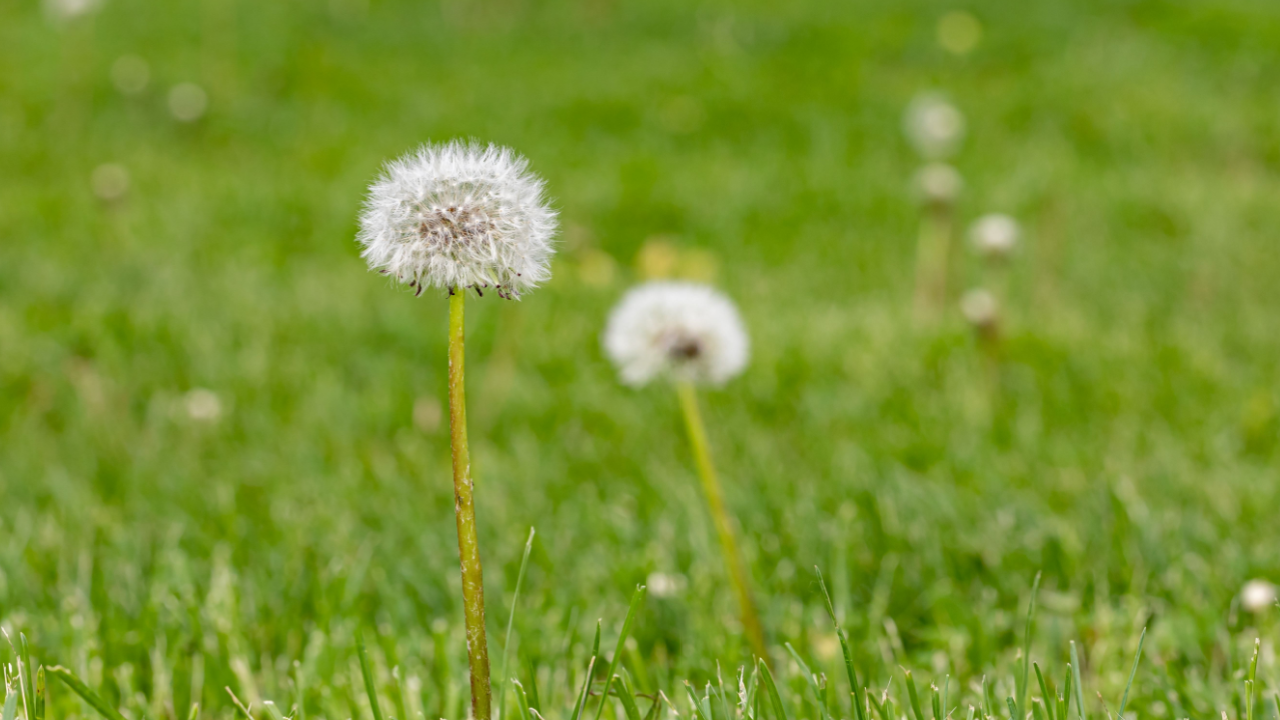
Lawn chemicals such as weed killers and fertilizers can be harmful to bees. Use organic lawn care methods instead, such as pulling weeds by hand or using compost as a natural fertilizer.
9. Plant Native Species
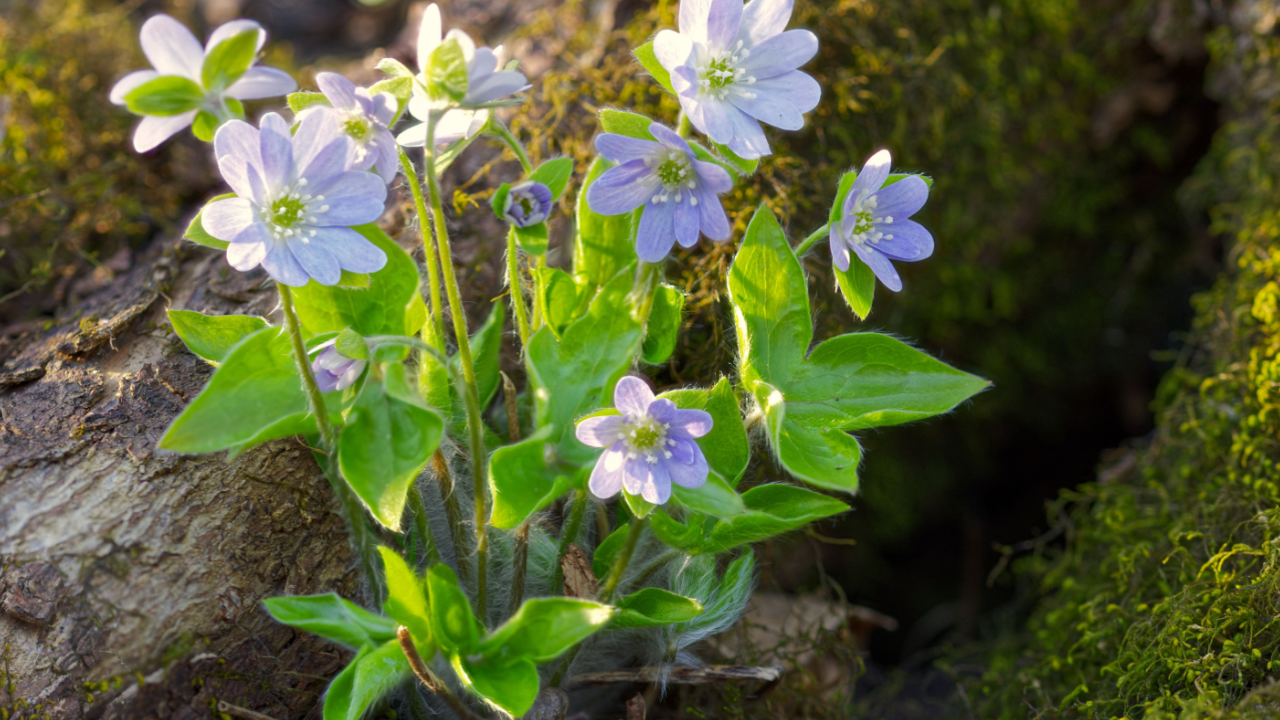
Native plants are adapted to your local climate and provide the best food sources for native bee species. Research which plants are native to your area and incorporate them into your garden.
10. Reduce Your Carbon Footprint
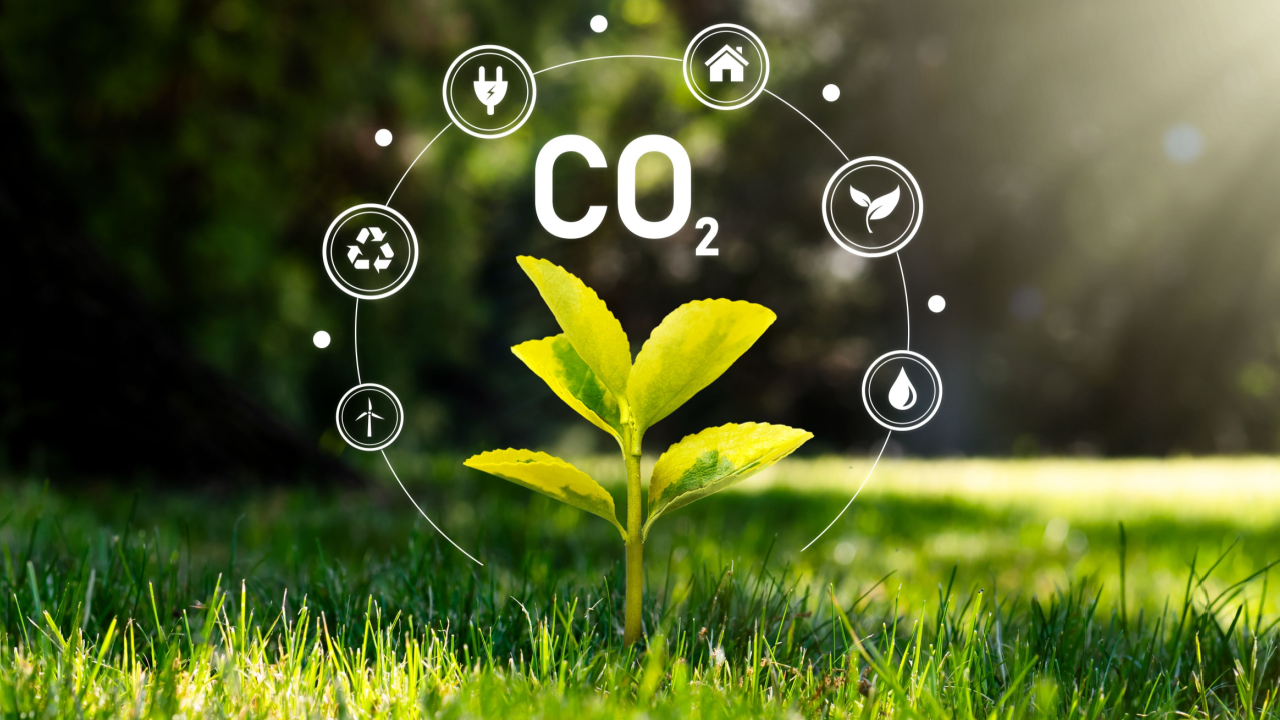
Climate change is a major threat to bees and other pollinators. Do your part to reduce your carbon footprint by using less energy, driving less, and supporting renewable energy sources.
11. Provide a Variety of Flowers
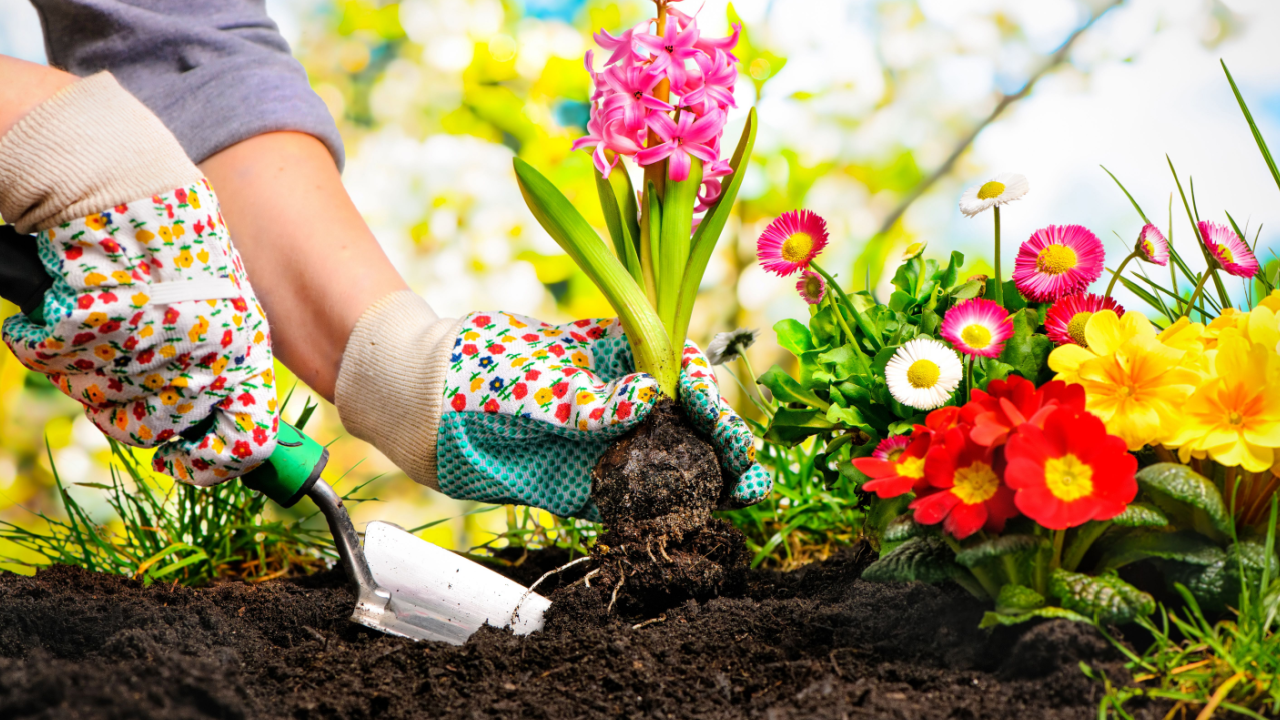
Different bee species have different preferences for flowers. Provide a variety of shapes, sizes, and colors of flowers to attract a diverse range of bees to your garden.
12. Support Organic Farming Practices
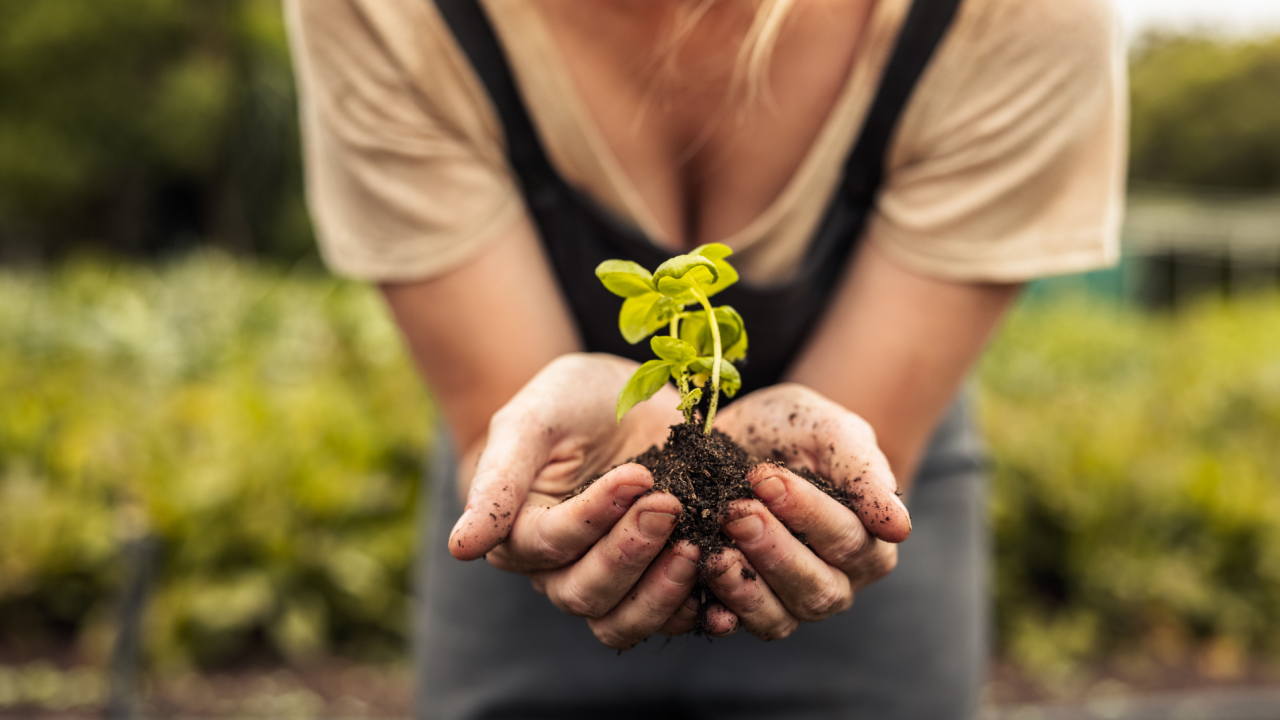
Organic farming practices are better for bees and other pollinators because they don’t rely on harmful pesticides. Support organic farmers by buying organic produce and products whenever possible.
13. Create a Bee Bath
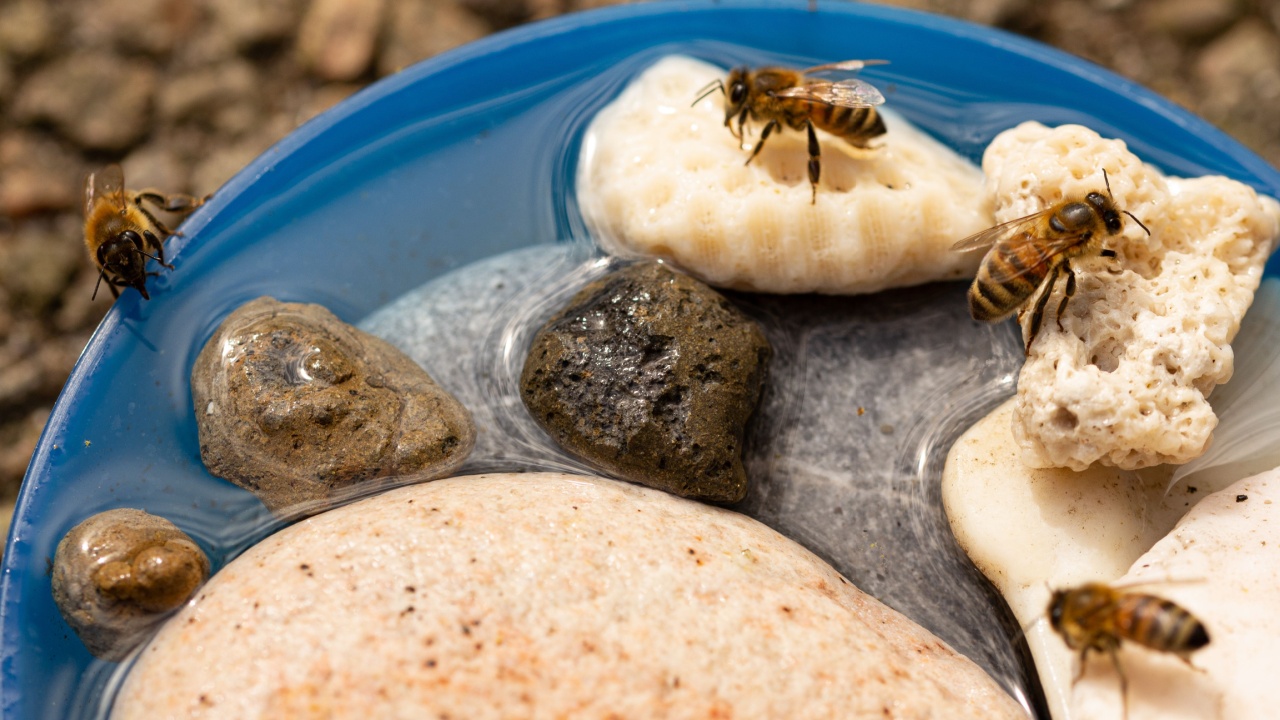
In addition to providing a water source, you can also create a bee bath. Fill a shallow container with water and add some rocks or pebbles for the bees to land on. Add a few drops of sugar water to give them a boost of energy.
14. Participate in Citizen Science Projects
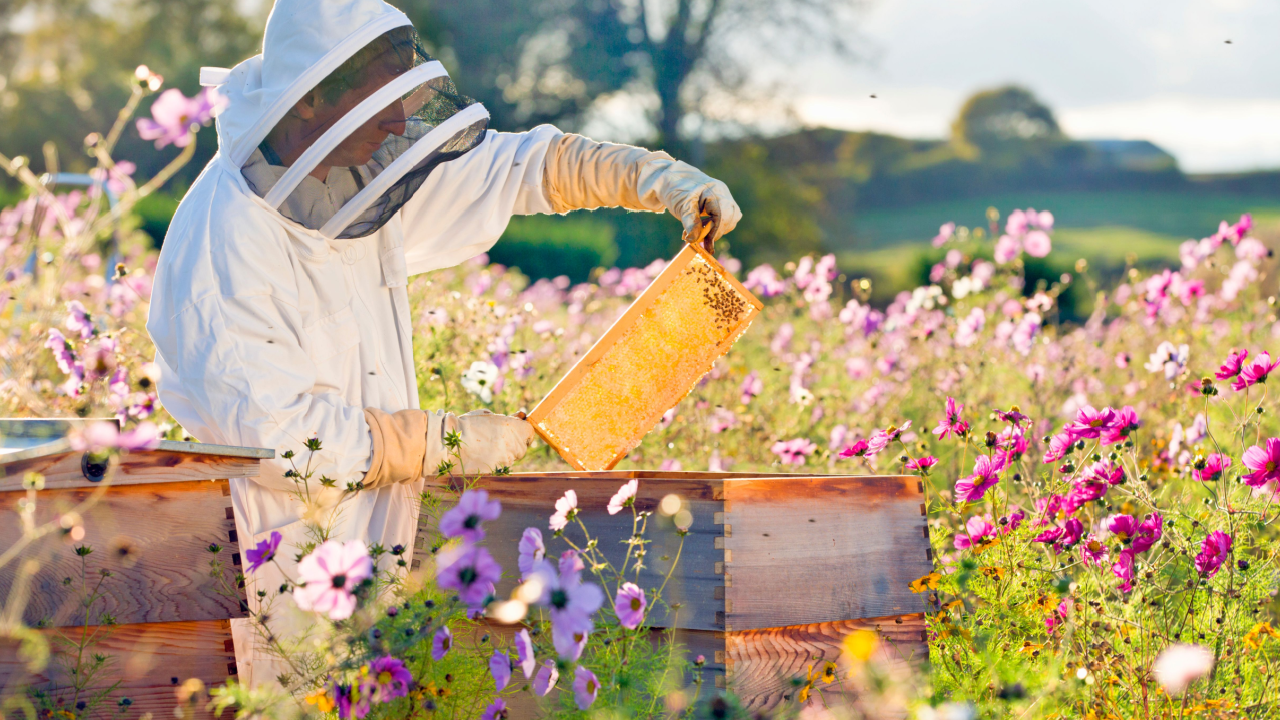
Citizen science projects rely on volunteers to collect data about bee populations and habitats. Participating in these projects can help scientists better understand the threats facing bees and develop strategies to protect them.
15. Spread the Word on Social Media

Use social media to spread the word about the importance of saving bees. Share articles, photos, and videos that educate others about the issues facing bees and what they can do to help. Use hashtags like #savethebees to join the conversation and connect with others who care about this important issue.
Becky is a fervent wildlife enthusiast and pet care expert with a diploma in canine nutrition. Her love for animals stretches beyond the domestic, embracing the wild tapestry of global fauna. With over a decade of experience in animal welfare, Becky lends her expertise to OutlandishOwl through insightful articles, captivating wildlife information, and invaluable guidance on pet nutrition. Her work embodies a deep commitment to understanding the intricate lives of animals and a passion for educating others on sustaining natural habitats. Becky's hands-on conservation efforts and her knack for translating complex dietary science into practical pet feeding tips make her an indispensable voice for creatures great and small.

